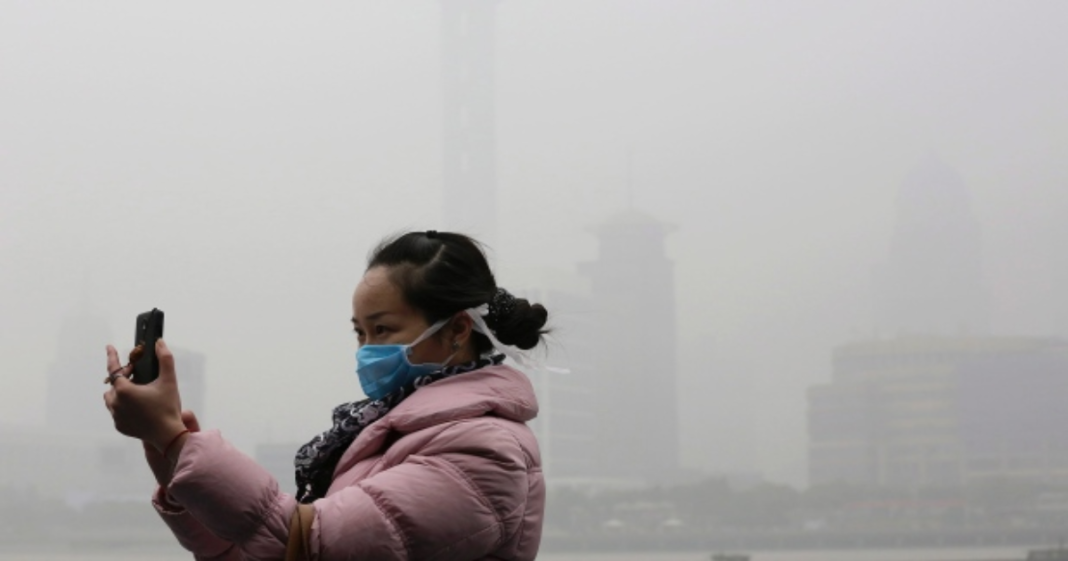The World Health Organization is on high alert today as the globe has once again reached a record-breaking, panic-inducing landmark.
According to a new air quality monitoring model using satellite data and ground measurements, 92 percent of the world’s population is now currently suffering from air quality below the WHO’s accepted standards.
The WHO released a statement on the horrific milestone, noting that the polluted quality of air has a direct impact on the health and well-being of our most vulnerable.
Air pollution is a serious problem in many parts of the world, with nations reaching the peak of their individual industrial revolutions. While most people are familiar with these pockets of pollution, they would never guess that nearly every person on the planet is suffering under oppressive, toxic pollution.
Most common sources of air pollution come from transportation, burning of fuel in individual households, coal power plants, and industrial activities. In developing nations, these behaviors are at an all-time high, with little to no regard for the environmental consequences.
Air pollution increases disease and chronic conditions such as asthma and other cardiovascular diseases. The WHO concluded that 3 million deaths a year are linked to low air quality globally.
As is the case for many climate-related dangers, low income residents are affected the most. The WHO found that nearly 90 percent of the 3 million yearly deaths occur in low-income areas where they cannot afford air purifiers or live in especially polluted locations.
These issues must be addressed by the nations contributing to the toxic air quality, and action must be swift and extreme.
In July of this year, India set a world record after planting nearly 50 million tree saplings in just one day – a major step forward in restoring the nation’s forests while also investing in the future of India’s air quality.



![Senator Schumer: “Single Payer [Health Care] is On The Table”](https://sandbox.trofire.com/wp-content/uploads/2017/07/Universal-Healthcare-218x150.jpg)
